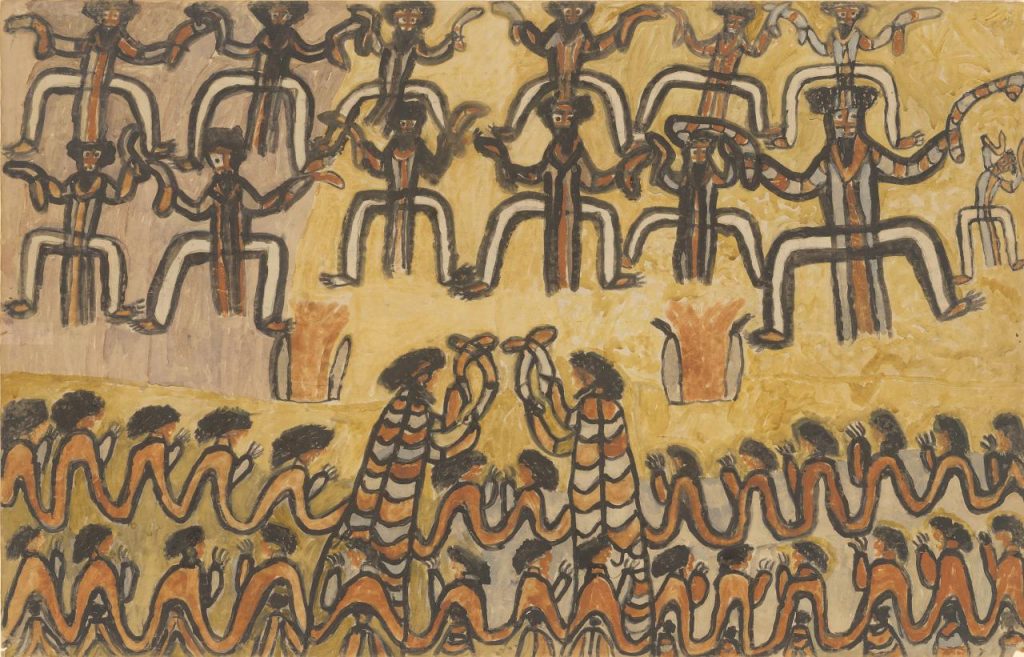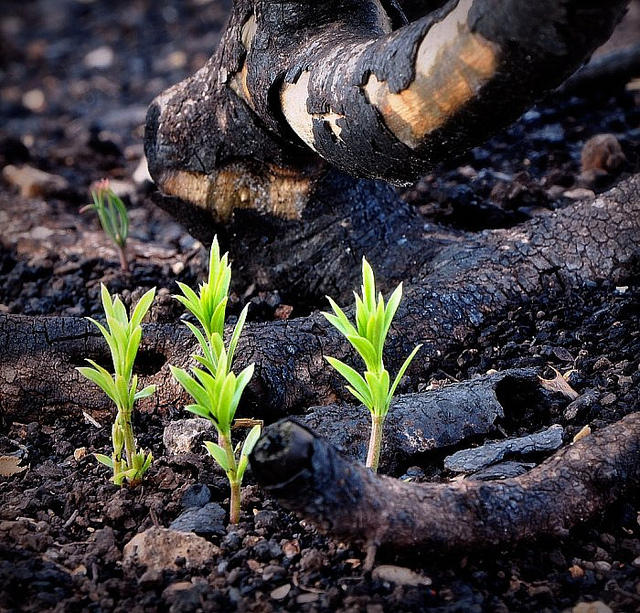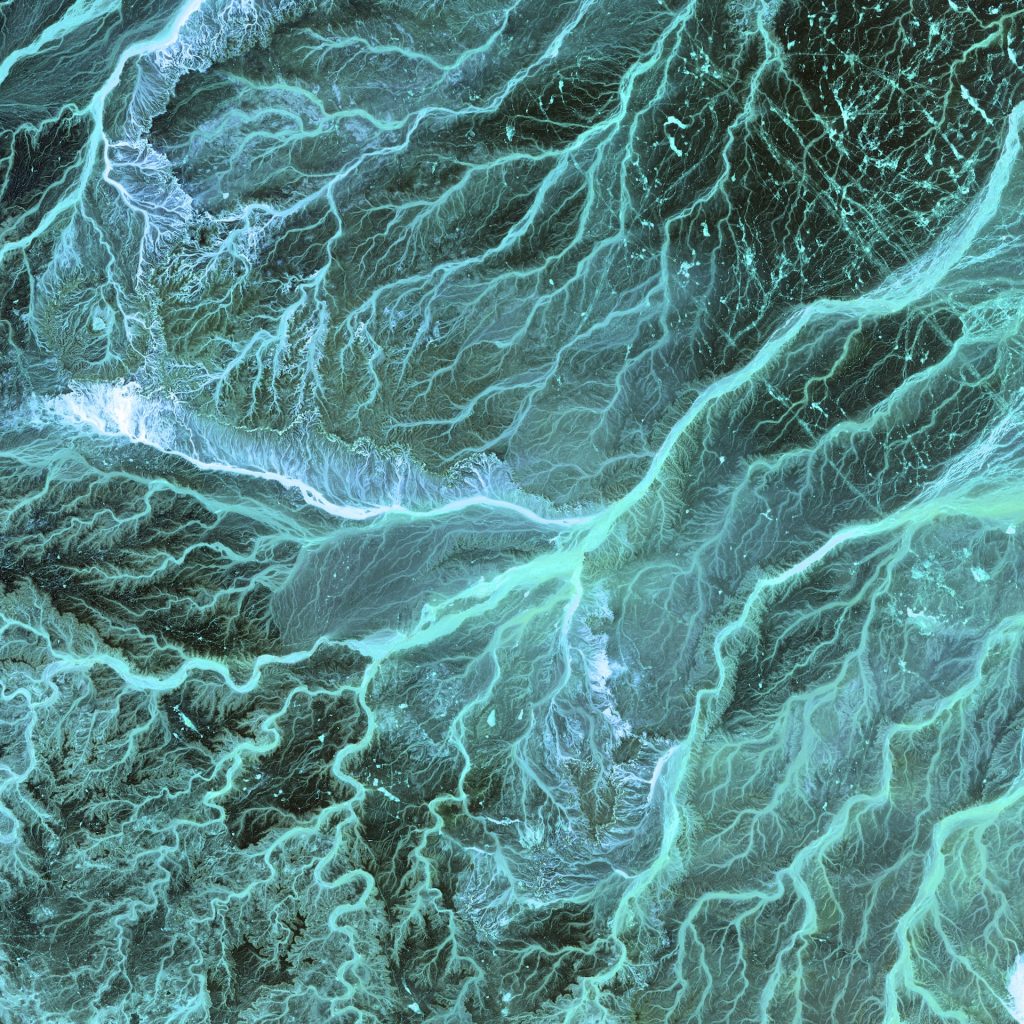Deep Adaptation | A Quartet of Videos
What is Deep Adaptation?
Deep Adaptation refers to a set of ideas put forth in an academic paper written in 2018 by Professor Jem Bendell, and later expanded on with Katie Carr and others. The paper explores the personal and collective changes that help (and have helped) people to prepare for – and live with – societal disruption and collapse.
The term social or societal collapse is used here to refer to the uneven ending to our current means of sustenance, shelter, security, pleasure, identity and meaning. Others may prefer the term societal breakdown when referring to the same process. Deep Adaptation refers to certain responses, based on compassion, curiosity, and respect, to this predicament – which different people may view as likely, inevitable, or already unfolding.
There are two broad paths within Deep Adaptation:
- Inner adaptation: exploring the emotional, psychological, and spiritual implications of living in a time when societal disruption/collapse is likely, inevitable, or already happening.
- Outer adaptation: working on practical measures to support well-being and reduce harm, ahead of and during collapse (e.g. regenerative living, community-building, policy activism).
Many people spend time processing the emotional implications of the coming collapse before looking outwards to find roles on the local and global levels. Others, in the wake of their grief, turn inward and learn to trust their own hearts and emotions, which can be an invitation to others to do the same.
The Deep Adaptation Forum (DAF) offers free events and online platforms for people who are seeking and building supportive communities to face the reality of the climate crisis.
The following four films were curated by the Deep Adaptation Quarterly, Issue 12, November 2022.
Don’t Tell Me to Just Breathe
– Mental health in the context of growth-dependency and climate breakdown
A short-film animation by Swarm Dynamics in collaboration with CUSP and the Wellbeing Economy Alliance
Every society clings to a myth by which it lives. Ours is the myth of economic growth. For the last six decades the pursuit of growth has been the single most important policy goal across the world.
Yet, the economic system to which we are in thrall throws us out of balance. According to recent NHS statistics, one in four adults and one in 10 children experience mental illness, and many more of us know and care for people who do. By failing to meet our most essential needs the growth-based economy is doomed to immiserate and, ultimately, sicken us.
This timely short-film animation speaks to the spiralling levels of anxiety and depression that so many people in the UK and in other rich nations are experiencing by revealing the often silenced links between these mental health crises and the current economic system, including not only the increasing pressures upon people’s basic needs, but also the ‘capitalist realism’ that allows climate breakdown to unfold before our very eyes.
Through the eyes of a young care sector worker, the film creatively explores the interplay between the inner and outer dimensions of system change and of mental health. The second half introduces the key pillars of a Wellbeing Economy as solution set, pointing out that collective mental health can only be secured by a system that respects the boundaries of people’s wellbeing, and of nature, and where the Future is no longer sacrificed on the altar of eternal economic growth. MORE
Out of Ashes
Is THIS civilisation finished? Will it end badly, or well?
Out of Ashes is written by ecological philosopher, Rupert Read, and the writer/director of climate blockbuster The Age of Stupid, Franny Armstrong.
With animation by Martyn Pick, this impactful short film challenges us to face the unravelling of our civilisation head on and to choose a transformational future. If we dare. For more info, check out Moderate Flank, a UK-based incubator “designed to inform, identify, connect, and fund initiatives that are strategically placed to ‘tip’ our complex social system towards climate action.”
Living in the Time of Dying
– Meeting the truth of the climate crisis | a film by Michael Shaw
Living in The Time of Dying is an unflinching look at what it means to be living in the midst of climate catastrophe and finding purpose and meaning within it. Recognising the magnitude of the climate crisis we are facing, independent filmmaker Michael Shaw, sells his house to travel around the world looking for answers. Pretty soon we begin to see how deep the predicament goes along with the systems and ways of thinking that brought us here. Stan Rushworth, a Native American Elder, brings an especially enlightening viewpoint to these questions. It becomes clear that climate change is going to ruin our way of life but this then opens up a whole new set of questions: How did we get here? How do we choose to live and what actions make sense at this time? The people interviewed in the documentary, all highly regarded and well known spokespeople on the issue, argue it’s too late to stop catastrophic climate change but in no way too late to regain a renewed life giving relationship with our world.
Last Day on Earth
Award-winning short film | featuring Alan Watts
Writer/Director – Christian Eisenbarth
An old man lives alone in the depths of a Washington forest, unknowingly experiencing his last day on earth. He embarks through an enchanted forest, only to find he’s not alone. In his last moments, he discovers the meaning of his life.







There seems to be anyone like us in Alaska.